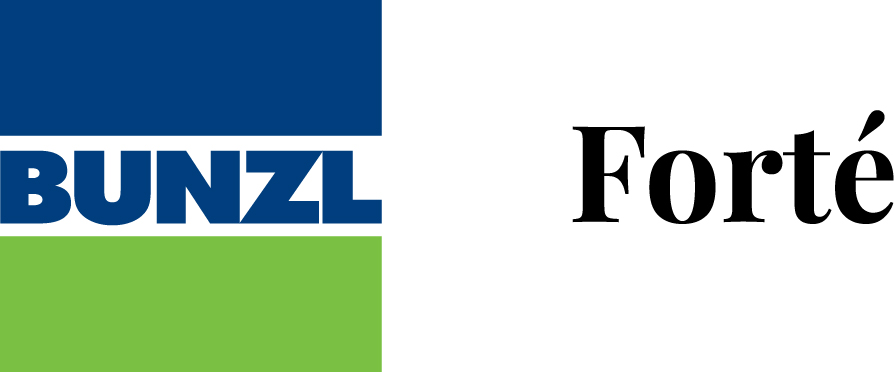Bunzl is committed to fostering and contributing to a society built on cultural respect, recognition of lived experience, collaboration, and action on social impact. As such, the company recently launched its Innovate Reconciliation Action Plan, a testament to Bunzl’s dedication to achieving better outcomes in First Nations communities in Australia.
For organisations with strong Corporate Social Responsibility (CSR) values embedded into the business, a Reconciliation Action Plan (RAP) is a natural element. Implementing a RAP is about making a company even better as an authentic business with its endeavours and commitment to collaboration. More importantly, it’s a framework that outlines practical actions that will drive a business’s contribution to reconciliation; internally and within the communities in which it operates.
Independent non-profit foundation Reconciliation Australia’s 2022 report states that around 73,500 Aboriginal and Torres Strait Islander people were employed by an organisation with a RAP, and more than $3.1 billion worth of goods and services were procured by RAP organisations from Aboriginal and Torres Strait Islander–owned businesses.
Bunzl APAC Managing Director Scott Mayne says that collaboration is fundamental to driving meaningful change.
“Our Innovate Reconciliation Action Plan speaks to our values and the practices that will contribute to and forge partnerships with organisations and individuals to achieve equitable outcomes in Australia with First Nations communities,” he says. “By embracing diversity and fostering an environment of inclusivity, we are committed to ensuring that every voice is heard and respected, and we create a platform for the recognition of diverse lived experiences.”
“we are committed to ensuring every voice is heard and respected, and createing a platform for the recognition of diverse lived experiences.”
Scott Mayne, Bunzl APAC Managing Director
Advocating for Equitable Outcome
Bunzl has always deeply valued cultural respect and recognises and honours the rich cultural heritage and traditions that are the foundation of Australia’s identity. Companies that are committed to embracing diversity and promoting cultural inclusivity create an environment where everyone feels valued, respected, and empowered to contribute their unique perspectives.
As part of this, Reconciliation Action Plans help ensure that all departments within an organisation are actively listening and learning from diverse voices and stories. By amplifying these narratives and incorporating them into decision-making processes, businesses can create more meaningful and impactful outcomes that reflect the realities and aspirations of First Nations communities. Bunzl’s Innovate Reconciliation Action Plan is underpinned by strong governance and a dedicated working group, embodying its aim for collaboration, which in turn increases staff morale and levels of creativity and innovation.
Strengthening Partnerships
Through genuine partnership and open dialogue, better outcomes are achieved in First Nations communities and beyond. This is why Bunzl collaborates with First Nations communities, organisations, and individuals in a variety of ways, understanding that collective action is crucial for driving lasting change. Together, they believe in solutions that promote economic empowerment, educational opportunities, and the preservation of cultural heritage.
One example of this collaboration is the Clontarf Foundation. Bunzl is a national sponsor of the foundation, which is based at Cecil Andrews College, Perth and runs 139 academies around the country to “improve the education, discipline, life skills, self-esteem and employment prospects of young Aboriginal and Torres Strait Islander men”.
Since its beginnings in 2000, the Clontarf Foundation has grown to upwards of 10,000 participants. The implementation of a formalised RAP will help establish an ongoing commitment to supporting these types of initiatives and impact in communities. The focus for organisations with a RAP should be on promoting cultural awareness and competence among staff, customers, and partners, and creating safe and inclusive spaces that celebrate diversity and promote understanding.










